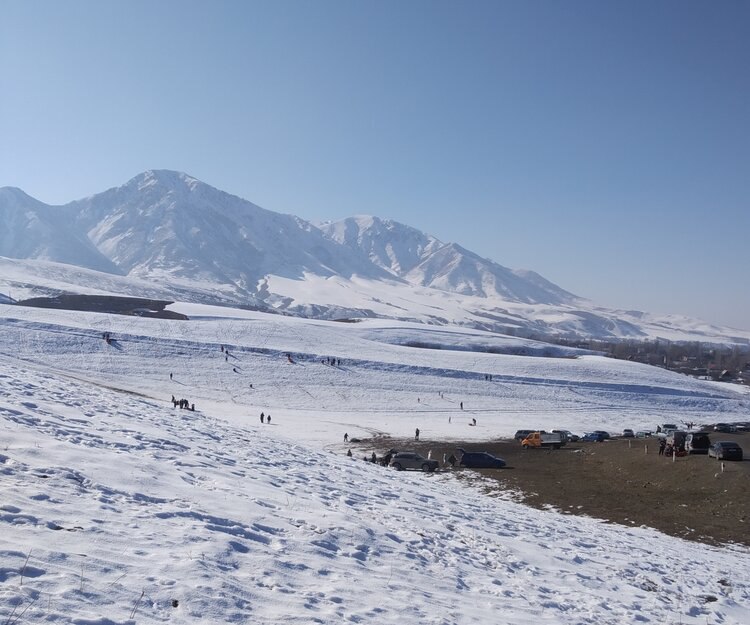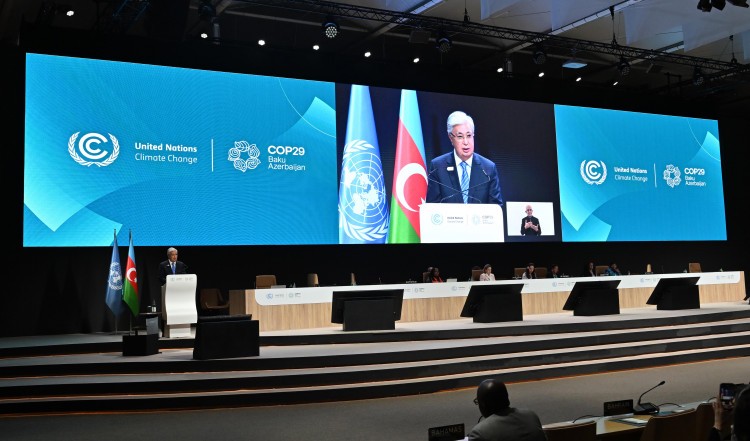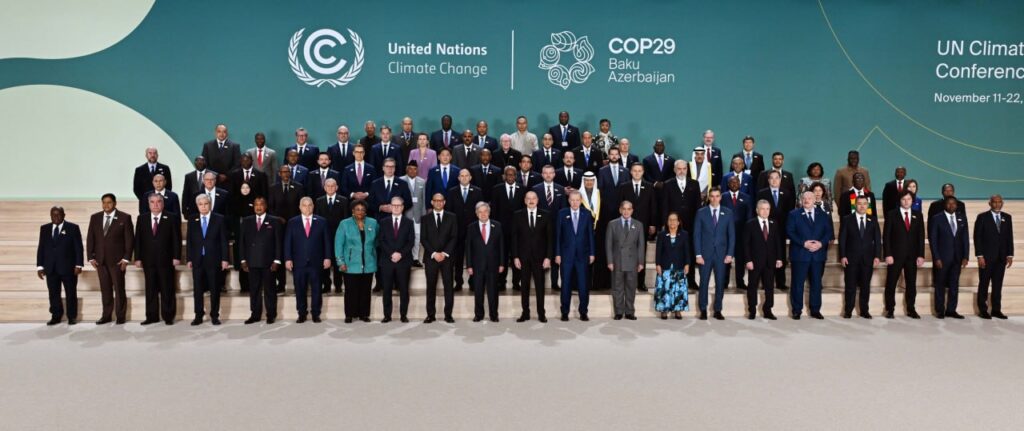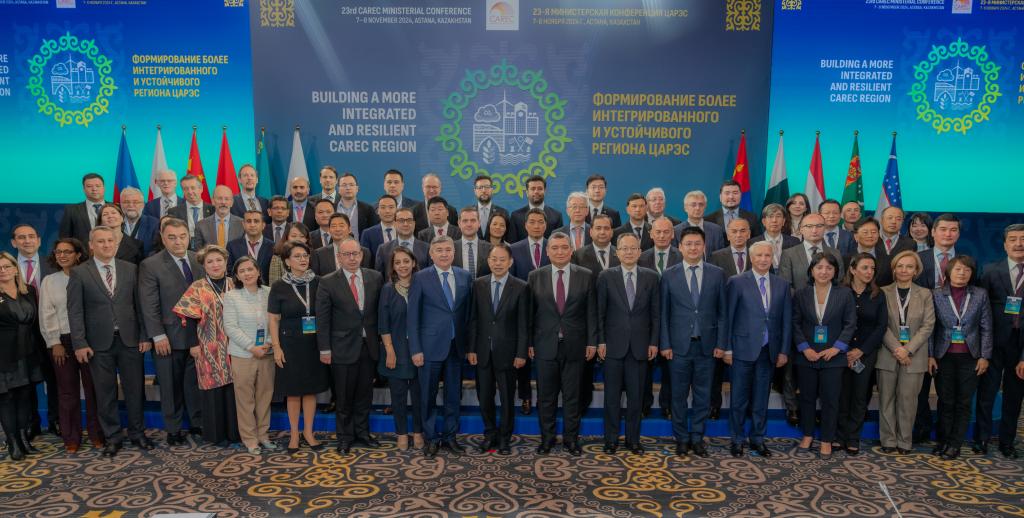Turning the Tide and Tackling Pollution in Uzbekistan: Insights from the Head of Environmental Policy
In recent years, air pollution in Uzbekistan has become an issue of growing concern, while the drying up of the Aral Sea continues to draw global attention. The Times of Central Asia spoke with Farruh Sattarov, Head of the Environmental Policy Department at the Ministry of Ecology, Environmental Protection and Climate Change of the Republic of Uzbekistan, about the country’s environmental challenges and the ministry’s efforts to raise public awareness. TCA: Can you briefly describe the main projects currently being implemented by the Ministry of Ecology? Sattarov: To improve the environmental situation, we are working on several major projects. One key initiative is a $115 million investment project with the U.S. company, Sayar LLC, to generate alternative thermal energy from medical waste. This project will process 96,000 tons of medical waste annually, producing 320 GWh of thermal energy. Another significant effort focuses on improving air quality in Tashkent. In collaboration with South Korea’s Sejin G&E Co., Ltd, we are investing $55 million to generate 16 MW of electricity per year from landfill gas at the Akhangaran and Maydontol municipal waste sites. Additionally, we are partnering with the Asian Development Bank on a $60 million waste management project. This includes supplying special equipment, mobile laboratories, and waste containers to sanitation enterprises in Karakalpakstan and other regions. [caption id="attachment_28298" align="aligncenter" width="1280"] Farruh Sattarov; image: Ministry of Ecology of Uzbekistan[/caption] TCA: What are the priority areas for improving Uzbekistan’s environmental policy? Sattarov: Our environmental strategy is guided by the Concept of Environmental Protection of the Republic of Uzbekistan until 2030, which was approved in 2019. Its main goals include improving air quality, promoting sustainable economic growth through eco-friendly technologies, and ensuring efficient natural resource management. In 2025, our focus will be on the “Year of Environmental Protection and Green Economy.” As part of the “Uzbekistan - 2030” strategy, we are developing 30 environmental protection laws, which are currently open for public discussion. TCA: What measures are being taken to combat air pollution? Sattarov: In 2024, we took several key steps. We installed or upgraded dust and gas cleaning equipment at 188 enterprises and required 99.5% efficiency filtration systems at 24 new factories, preventing 8,500 tons of harmful emissions. In terms of targeting vehicle emissions, during the “Clean Air” campaign, we inspected 407,000 vehicles, preventing 256.9 tons of pollutants from entering the atmosphere. As part of the “Green Space” project, we planted 11.8 million trees around high-emission industrial sites. We also staged “Carless Day” events in Tashkent, Nukus, and other cities which helped reduce emissions by 5,800 tons, and eased traffic congestion. In 2025, we plan to modernize pollution controls at 122 major enterprises, inspect 500,000 vehicles as part of a new “Clean Air” campaign, and plant ten million more trees in and around industrial areas. TCA: What international initiatives does Uzbekistan support on climate change? Sattarov: Uzbekistan is actively involved in both global and regional climate initiatives. In regards to the Paris Agreement, we are developing our third Nationally Determined Contribution (NDC 3.0)...






